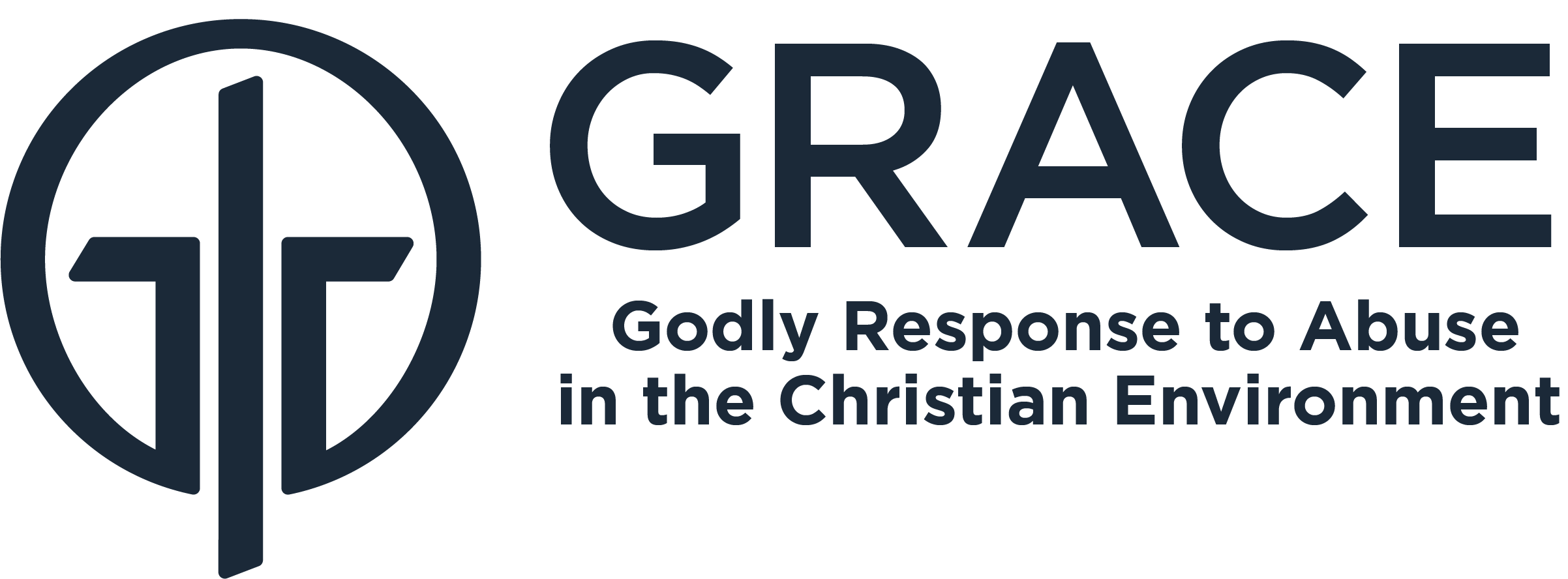Resist & Report: The Temptation to Investigate
By Victor Vieth
When a child makes an outcry of abuse, many faith organizations decide they need to conduct a preliminary assessment or investigation to determine if the allegation is plausible before reporting the matter to the police. This is problematic for four reasons.
There are legal and moral reasons
for reporting allegations
of abuse immediately.
First, it is unlikely that any church or other faith institution has forensic interviewers specifically trained to speak with a child about sexual abuse, police officers skilled at interrogating child sexual abuse suspects or mental and medical health professionals who can document physical and psychological injuries resulting from abuse. Simply stated, the church is not specifically trained to assess an allegation of child abuse and thus should refer the matter to the local authorities who are specifically trained.
Second, any delay in reporting may result in the loss of critical evidence.[i] Evidence on the child’s body, for example, will absorb, transfer or be washed away. Lubricants, pornography, sexual toys or other objects used in the abuse of the child may be destroyed. The perpetrator may use any delay to pressure the child or others to minimize or recant an allegation.[ii]
Third, any delay in reporting is likely a violation of the law. In most states, churches and other organizations or professionals serving youth are mandated to report to the authorities any reasonable suspicion of abuse.[iii]
Fourth, a church conducting an incompetent investigation that taints the memories of witnesses, results in the loss of evidence, or that provides the perpetrator with an opportunity to threaten or pressure one or more victims into silence may, on that basis alone, expose itself to liability. This is because an incompetent investigation may fail to detect an actual abuser. If the abuser continues to offend, which is likely, the church conducting the original investigation may be held responsible.
There may be instances in which the government declines to investigate a report of abuse even though there is compelling evidence or even an admission of wrongdoing. If, for example, the sexual offense took place in another country while a pastor was a missionary, the local law enforcement agency may be unable or unwilling to take any action. In such a case, the church may need to involve a third party to conduct an independent, competent investigation. Failure to do so may result in future victims and will expose the church to liability.[iv]
Victor Vieth is the Director of Education and Research for the Zero Abuse Project and serves as a GRACE Board Member. More information can be found at: www.zeroabuseproject.org.
This post is reprinted with permission from the Jacob’s Hope Newsletter.
[i] See generally, Mike Johnson, The Investigative Windows of Opportunity: The Vital Link to Corroboration in Child Sexual Abuse Cases, 1(9) CenterPiece (2009), available online at www.ncptc.org.
[ii] See generally, Tamara E. Hurst, Prevention of Recantations of Child Sexual Abuse Cases, 2(11) CenterPiece (2010), available online at www.ncptc.org.
[iii] See U.S. Department of Health and Human Services, Clergy as Mandated Reporters of Child Abuse & Neglect: Summary of State Laws, available online at: http://www.childwelfare.gov/systemwide/laws_policies/statutes/clergymandated.cfm (last visited June 2, 2011).
[iv] See e.g., Marie Rhode, Assault Victim Sues School, Synod, Milwaukee Journal Sentinel (May 8, 2008) (alleging church should have been aware of a previous police investigation of a teacher and should have properly assessed the risk to other children and taken appropriate action. The teacher was eventually convicted of sexually abusing a child on and off school grounds).

